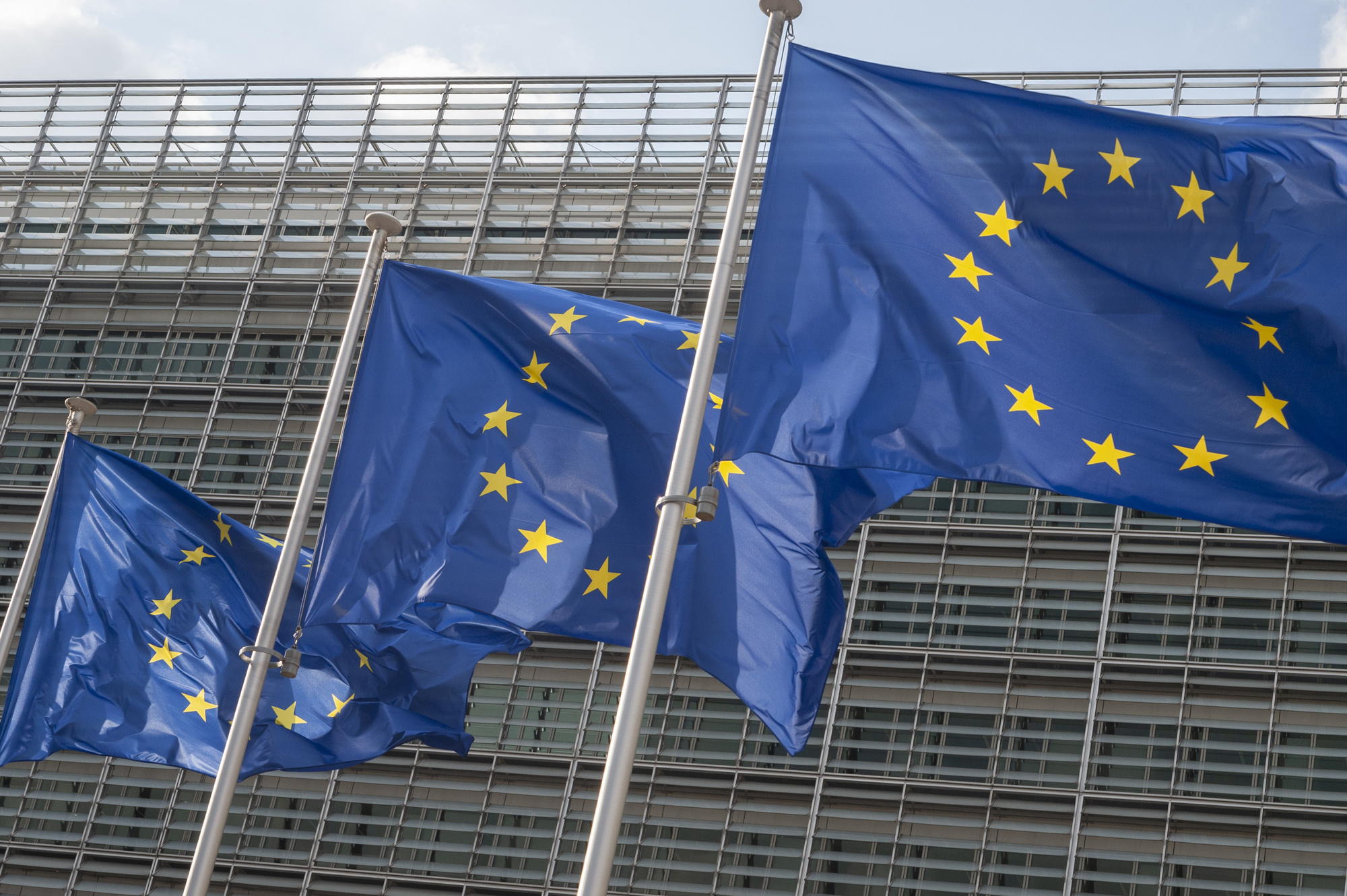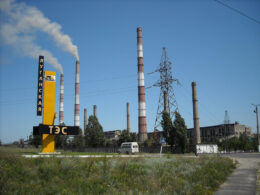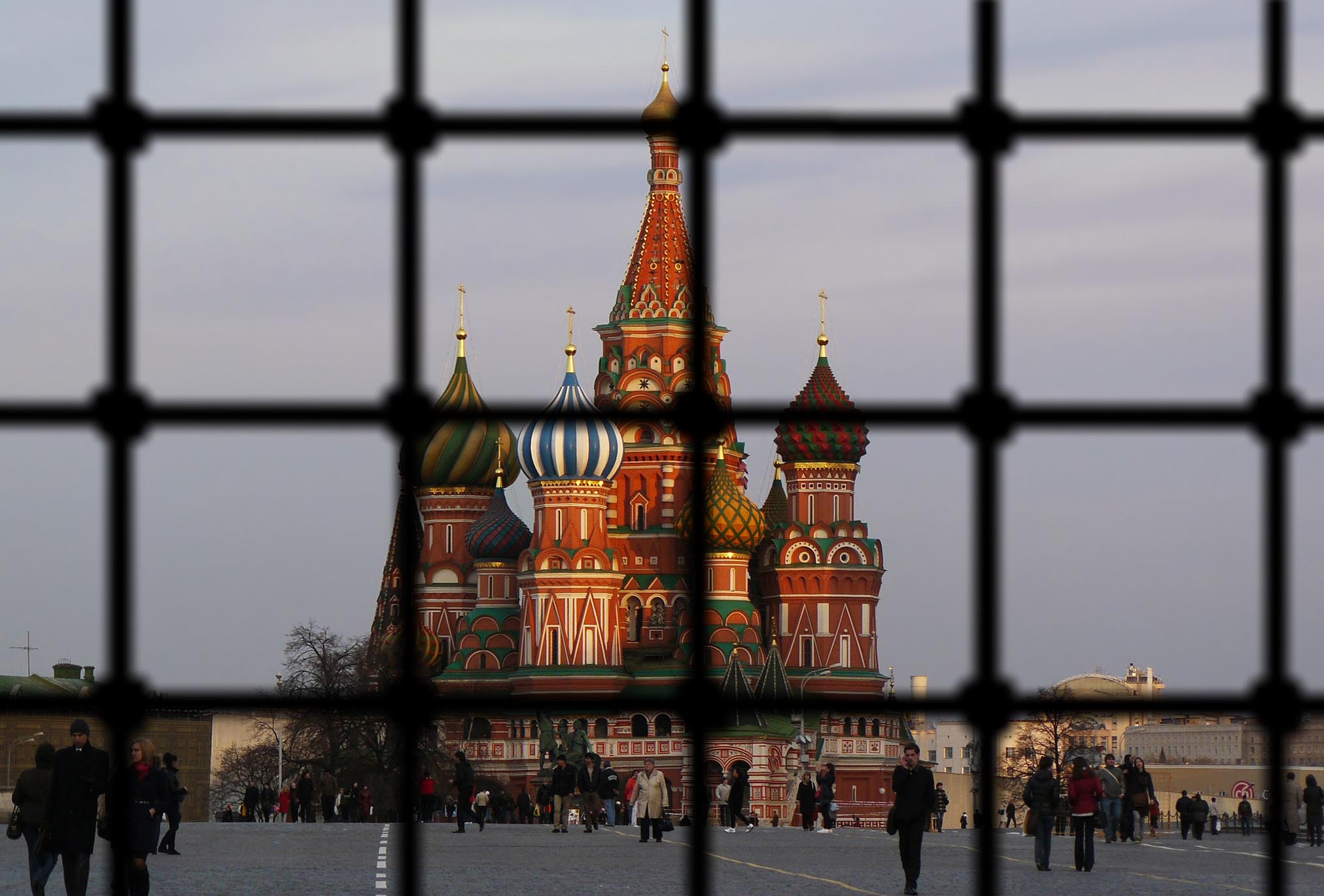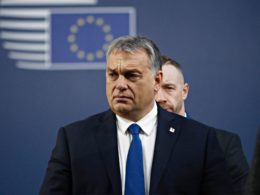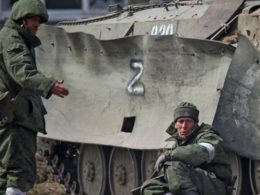On 30 October, the President of the European Commission, Ursula von der Leyen, stated that the ongoing war initiated by Russian leader Vladimir Putin against Ukraine is currently the most significant threat to European security, which requires clear coordination of actions from the entire European Union, according to Ukrinform.
The EU has mobilized substantial aid for Ukraine in response to the ongoing war with Russia, totaling approximately €118 billion since February 2022. This support encompasses €43.5 billion in military assistance, aimed at bolstering Ukraine’s defense capabilities, alongside significant financial and humanitarian aid to stabilize the economy and support displaced individuals.
The EU has also established a dedicated Ukraine Facility, committing up to €50 billion for recovery and modernization efforts from 2024 to 2027.
Additionally, the EU has facilitated the temporary protection of over four million Ukrainian refugees and coordinated extensive humanitarian assistance, including medical evacuations and the provision of essential supplies.
"We certainly face military risks. Putin's war in Ukraine is the single largest threat to our security. This year, Russian defense spending is on track to exceed the collective contributions of all EU member states combined.
Therefore, we need to ramp up our efforts, understanding that readiness for the worst can prevent it from happening. Given the scale of these challenges, we must work together as Europeans to bring about change," emphasized von der Leyen during her latest speech in Brussels.
The European official reminded that seven months ago, together with the EU's High Representative, she asked prominent Finnish politician Sauli Niinistö to prepare a report on how the EU can enhance its civil and military preparedness to better prepare for future shocks and crises.
"Many events that have occurred over the past years have been wake-up calls for the EU. Our readiness to respond to the full spectrum of threats and risks should be the foundation of our logic in all our actions," the president of the European Commission noted.
Von der Leyen pointed out that Europe needs to prepare for and respond to hybrid attacks in all forms, including attacks against energy infrastructure and attempts to plunge all citizens into darkness.
The EU also faces economic risks associated with supply chain disruptions. According to von der Leyen, the EU has already managed to break free from excessive dependence on Russian fossil fuels but must do more to overcome existing painful dependencies on third countries in other critical areas.
Related:
- Ukraine and Slovenia to sign security pact next week
- Ukraine informed European Commission that Poland stopped entry of Ukrainian trucks
- Zelenskyy unveils 5-point ”Victory Plan” to Ukrainian Parliament
- NATO won’t invite Ukraine to alliance in short term despite Zelenskyy’s “victory plan” push

